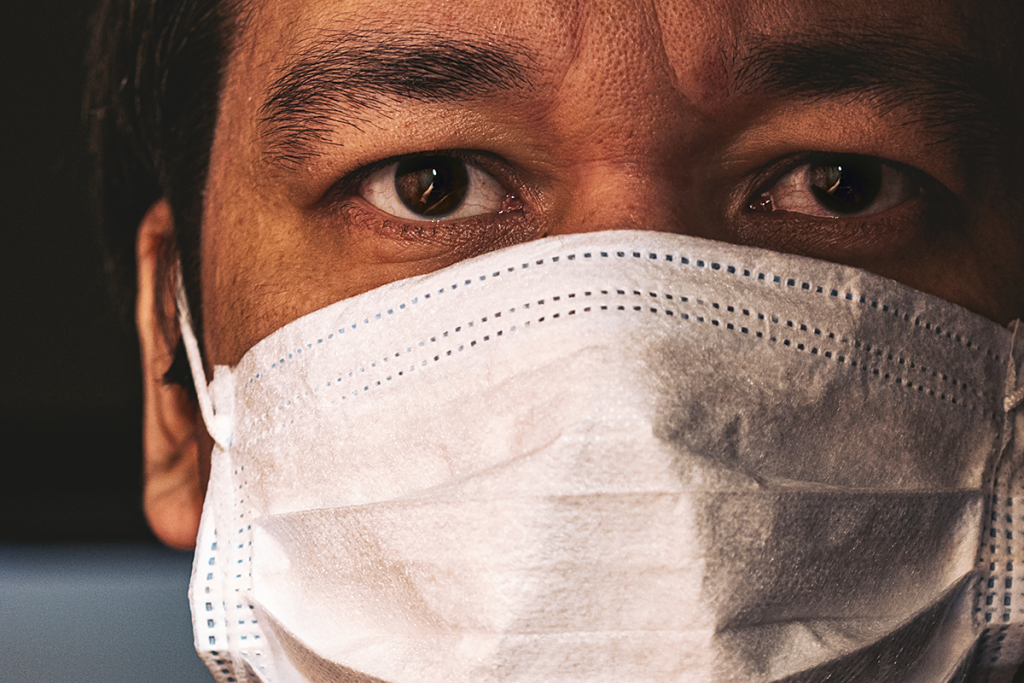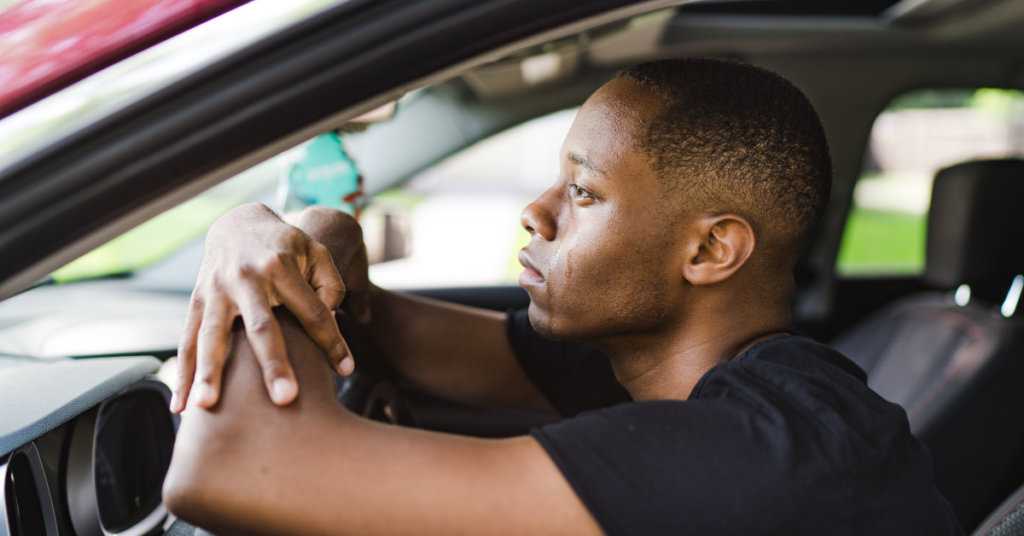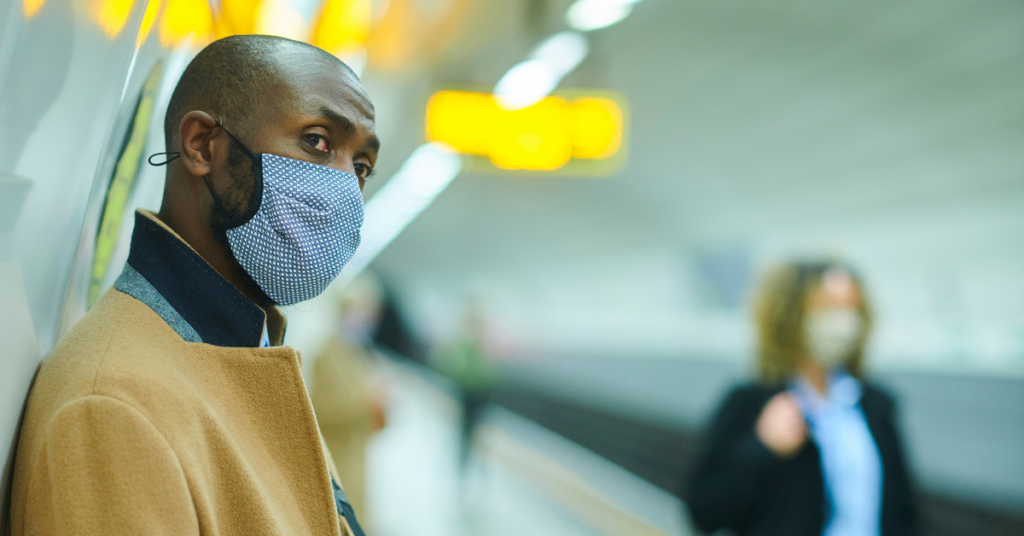Thanks to numerous studies, we are beginning to understand the manifold effects of the Coronavirus pandemic.
What we’ve learned from this life-altering scourge is that it has deepened economic inequality, irrevocably altered how we work, fueled a surge in gun violence, and helped ignite a mental health crisis, among other impacts.
Recently, one international medical official stated that the pandemic may be responsible for one specific and profoundly disturbing trend: the rise in murder-suicides.
“COVID-19 is a once-in-a-lifetime cataclysmic event that’s forcing the global population to react and adapt, leaving in its trail a mental health burden too difficult to carry for some of the most vulnerable,” said Dr. Elias Ghossoub of the American University of Beirut in Lebanon.
“Family interventions involving primary care practitioners, mental health specialists, social workers, media and governmental agencies are highly needed to reduce the incidence of homicide-suicide among older adults and minimize its impact on the public.”
Dr. Ghossoub made those remarks at the annual meeting of the American Academy of Psychiatry and the Law, according to a MedPage Today report.
He observed that homicide-suicide – where a person commits a homicide and then commits suicide within one week of that homicide – appears to be a rising trend among older adults.
Why?
Ghossoub cited social distancing and quarantine measures in the wake of Covid-19, which may have led to increased rates of depression, anxiety, and suicide among older adults.
After reviewing over 20 years of research on this phenomenon, he and colleagues identified risk factors in people prone to committing these acts.
They tend to
- Be male.
- Have domestic violence/relational discord.
- Have access to firearms.
- Have legal issues.
- Have depression and/or suicidal ideation.
- Be in a caregiving role.
- Have health issues – with themselves or them and a partner, if in a relationship.
However, Ghossoub said that murder-suicides are also a cross-cultural phenomenon and that it would be an overreach to form a typical profile of a perpetrator.
Ghossoub recommended that measures should be establish to help prevent more murder-suicides from happening like having healthcare professionals in emergency departments and primary care offices screen patients for depression, suicidality, or substance use disorder.
He also added that patients who have tested positive for COVID-19 or have been in contact with a carrier should be screened for domestic violence and surveyed about whether they have access to weapons at home.
This especially applies to older patients who have mental illness and firearm access.
For those fitting that profile, he recommends that “immediate interventions through a social worker should include providing gun risk education to other family members, or contacting law enforcement officials.”












